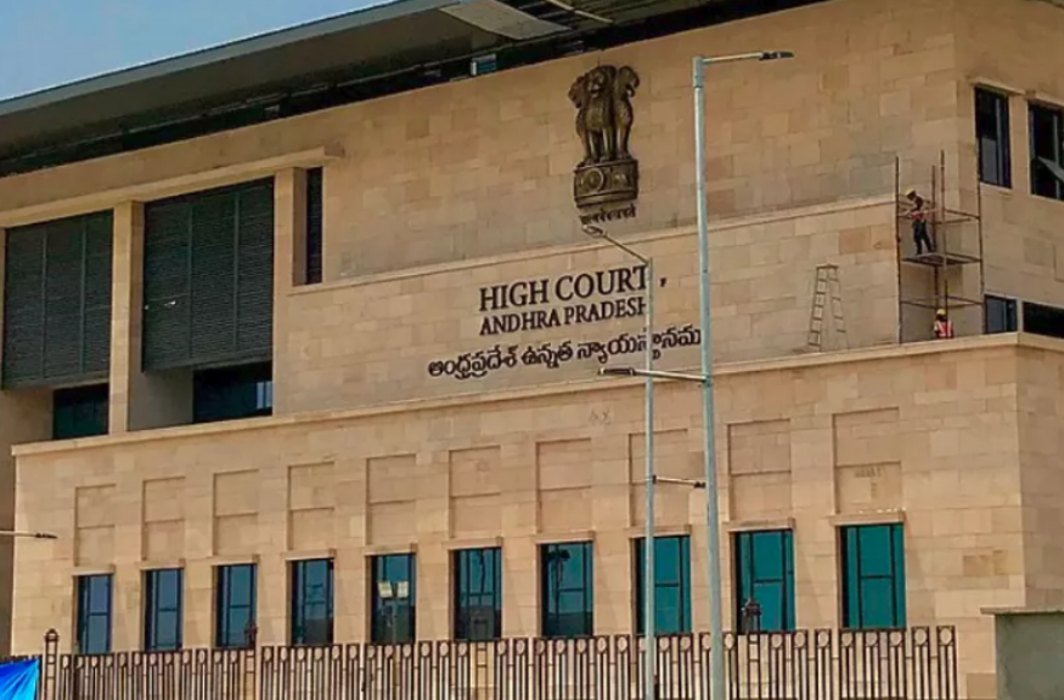Justice Cheekati Manavendranath Roy has recently provided clarity on Section 3 of the POCSO Act, stating that the act of ejaculating semen is not necessary for proving a case of penetrative sexual assault.
The Andhra Pradesh High Court has also ruled that the absence of semen during a rape victim’s examination does not necessarily mean that the accused did not commit a penetrative sexual assault against the victim.
This ruling emphasizes that according to the POCSO Act, the presence or absence of ejaculation is not a defining factor for the offence of penetrative sexual assault.
“Even without ejaculation of semen, if the evidence on record shows that there is penetration of penis or any object or part of the body of the accused into the vagina of the minor girl, it is sufficient to constitute an offence of penetrative sexual assault as defined under Section 3 of the POCSO Act,” the order stated.
In a recent case, the Court was hearing an appeal filed by a defendant who had been found guilty under the POCSO Act and section 376(2)(i) of the IPC by the Additional District and Sessions Judge. The sessions judge had sentenced him to ten years of solitary confinement and a 5,000 fine.
The prosecution’s case alleged that the accused had lured a minor survivor, as well as other children, to his home with the promise of chocolates. After the other children fled, he assaulted the survivor and was caught in the act by her mother.
During the trial, the defence attorney argued that the medical report did not show evidence of a recent sexual encounter as no semen was detected during the examination of the minor girl. He also claimed that the charges against the accused were false and made in retaliation for his refusal to sell his property.
The Assistant Public Prosecutor representing the State argued that the medical report indicated that the survivor had been subjected to sexual contact and that the trial court’s ruling was fully supported by the law.
After careful consideration of the facts, medical reports, and witness statements, the High Court determined that the victim’s mother’s testimony was credible and upheld the trial court’s decision. The accused’s criminal appeal was denied.



